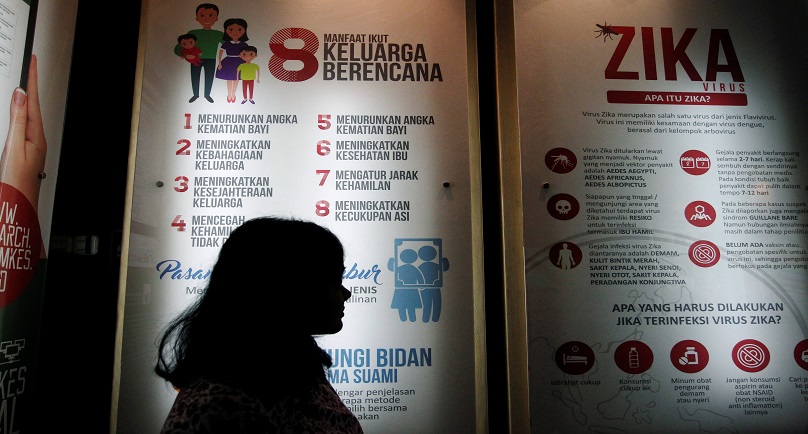
By Stephanie Nebehay
GENEVA (Reuters) – The World Health Organization (WHO) declared on Friday that the Zika virus no longer constitutes an international emergency, but it stressed a need for a long-term effort to address Zika, which has been linked to birth defects and neurological complications.
The WHO’s Emergency Committee, which declared a public health emergency of international concern (PHEIC) in February, said the virus is still a long-term problem.
“The Zika virus and associated consequences remain a significant enduring public health challenge requiring intense action but no longer represent a PHEIC,” the WHO panel composed of independent experts said in a statement after meeting.
Carried by mosquitoes, the Zika virus can cause the rare birth defect microcephaly and other neurological disorders in infants and adults. It has spread to more than 60 countries and territories since the outbreak was identified last year in Brazil.
“The committee agreed that Zika must now be managed within the World Health Organization as are other very important infectious diseases and other threats,” Dr. David Heymann, chair of the Zika Emergency Committee, told a news conference.
WHO Director-General Dr. Margaret Chan accepted the committee’s recommendations and declared an end to the emergency. But the U.N. health agency maintained recommendations including that people exposed to the Zika virus should take preventive measures for six months to avoid sexual transmission.
“It remains crucially important that pregnant women avoid traveling to areas with local transmission of Zika, because of the devastating complications that can occur in fetuses that become infected during pregnancy,” the U.S. Centers for Disease Control (CDC) said in a statement.
“We are not downgrading the importance of Zika. In fact by placing this as a longer programme of work, we are sending the message that Zika is here to stay and WHO’s response is here to stay in a very robust manner,” said Dr. Peter Salama, executive director of WHO’s Health Emergencies Programme.
Dr. Amesh Adalja, an infectious diseases expert at the University of Pittsburgh Medical Center, said the health emergency declared by WHO was focused on understanding the role the virus played in microcephaly and Guillain-Barre Syndrome, a disorder that can lead to paralysis.
But much work remains to be done, including the development of a vaccine, he added. The removal of the emergency declaration “doesn’t change that fact.”
BRAZIL HARD HIT
There have been some 2,300 confirmed cases worldwide of babies born with microcephaly, most in Brazil, but the figure is most likely a “significant under-estimate”, he said.
Heymann said the Brazilian government is conducting studies to look for additional factors that could explain the high number of cases there, particularly in the northeastern part of the country, but so far those studies have turned up nothing.
Salama said 28 countries and territories have now reported microcephaly and 19 countries have reported Guillain-Barre Syndrome. He said it is “very likely we will see many reports of microcephaly, including countries in Latin America such as Guatamala and Colombia.”
(additional reporting by Julie Steenhuysen in Chicago; editing by Catherine Evans and Cynthia Osterman)
Copyright 2016 Thomson Reuters. Click for Restrictions.


